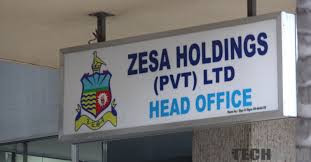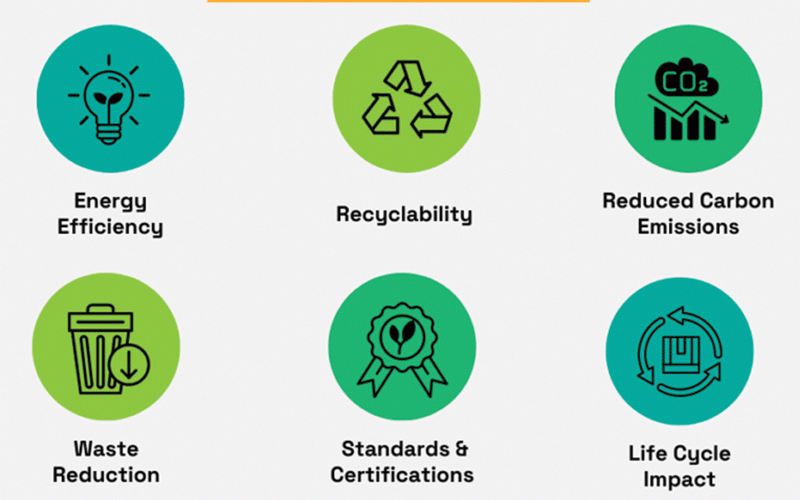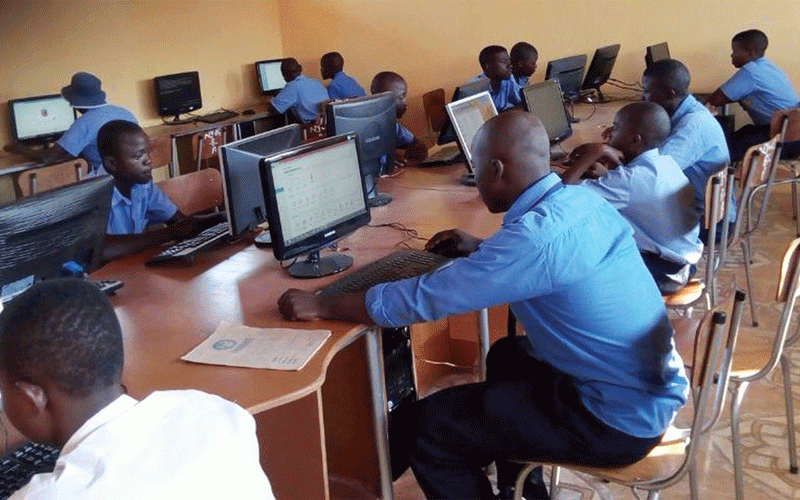
Utility companies such as Zesa need the constant and thorough supervision from Parliament, cabinet and other stakeholders. This is important so that if anything goes wrong, it can be quickly fixed.
Issues such as fraud, mismanagement and electricity theft, for example, can take root easily at such companies if there is inadequate supervision. If things do go wrong, there is a dear price to pay. Diligence is required. This article discusses various risks and challenges associated with an electricity utility company. It also proposes ways in which such challenges can be addressed.
What could go wrong?
Electricity theft is a major issue. It primarily entails meter tempering and meter bypassing, whereby households and companies connect their power directly to the grid and bypass their electricity metre. Illegal electricity connections are also an issue.
In South Africa, available data shows that of those who steal electricity, 60% are companies, whilst 40% are households. The writer will continue to refer to data from other countries, particularly because Zimbabwe lacks sufficient social and economic data pertaining to a number of critical areas.
Public agencies and independent researchers have a lot of work to do, to cover these data gaps. This is why using data from neighbouring countries, as a proxy for Zimbabwe, becomes a useful option.
In September, 2024, it was reported that up to 40% of prepaid electricity meters in some South African cities were not vending power. This indicates significant meter fraud. Zimbabwe cannot assume that it is immune to such an issue, in the present and future.
Some businesses which operate in residential areas also have a tendency of misrepresenting themselves such that they are placed on residential tariffs, which come with limited or no fixed monthly payments to the utility company. This enables the businesses to deceitfully contain their costs, whilst robbing the utility company of revenue.
- System Tazvida’s grave vandalised
- System Tazvida’s grave vandalised
- Social media platforms should act on hate speech
- Sunday word: Battle of Biblical 'Armageddon'
Keep Reading
Apart from the theft of electricity, utility companies are also exposed to poor governance and corruption, which limit their financial and operational viability. If corruption leads to the purchasing of over - priced equipment and services, clients may eventually be charged expensive electricity tariffs.
Poor governance also includes incompetence and mismanagement, which may not necessarily be driven by corrupt tendencies. It is equally destructive and may cause Zesa’s service to be more unreliable and tariffs to be hiked.
In South Africa, fraudulent electricity recharge tokens from illegal vendors are becoming increasingly problematic. They are reportedly being facilitated through cybersecurity breaches, where hackers are gaining access into Eskom’s online system, which is responsible for producing the tokens. Dishonest utility company staff members have been implicated. Zimbabwe needs to be aware of such vulnerabilities and work to contain them.
Zimbabwe should be worried. South Africa’s Eskom, estimates that it lost 13,9 terawatt hours (TWh) of electricity to theft in 2024, amounting to a massive US$1,2 billion (R23 billion). Just because Zimbabwe has not picked problems of such magnitude does not mean they are absent. With the exception of bank cards and vehicles, electricity is reported to be the third most commonly stolen item, in developing countries. This is the nature of the problem that Zesa is exposed to.
Theft and mismanagement
Electricity theft typically causes the overloading of the grid. This can increase the frequency of power cuts, as the grid begins to trip, or substations in areas where theft is occurring regularly breakdown.
With increased load-shedding and electrical faults, productivity is bound to shrink within the economy.
Social and security issues such as increased traffic congestion and road accidents are also likely, when electricity supply becomes erratic. Disruptions to telecommunications within affect communities or across the country, due to power cuts also have various negative economic and social implications.
Optimising Zesa is in our best interests
Illegal electricity connections are sometimes characterised by dangerously strewn live electrical wires, especially if done by the unskilled or electrical engineers with insufficient knowledge. They therefore expose communities, and in some cases innocent passers-by, to injury or death due to electrocution.
Electricity theft can be further problematic in that those who practice it have no incentive to use electricity sparingly. Rather, they can use it negligently and wastefully, fearing no consequences.
Even if the thieves were to use electricity sparingly, they could still overload available electricity infrastructure. This is because available infrastructure is designed to serve electrical loads which are in line with the legitimate population and economic activity of a particular geographical area. Thus, illegal connections can increase the frequency of electrical faults within a particular area. This ultimately affects both the utility company and legal consumers.
Energy theft increases the unit costs or tariffs charged on each customer who has a legitimate connection to the grid. This can also be problematic for economic growth. This is because expensive electricity tariffs can make the country’s goods and services lose price competitiveness against imports, and in the export market.
Moreover, local and foreign investment is typically slowed in its vibrancy, when a country's electricity tariffs are prohibitive. In essence if Zesa were to disconnect all illegal connections, Zimbabwe could have much cheaper electricity tariffs. Procurement irregularities including those which pertain to large-scale projects, also add excessive costs on the utility company.
The acquisition of prohibitively priced or poor quality goods are good examples of such irregularities. In some cases, officials may be involved in more crude forms of corruption. This increases the costs for the utility firm, leading to higher tariffs or an unsustainable operational and financial environment.
In South Africa, two power stations (Medupi and Kusile), built around 2008, will only be completed in more than 10 years after their initially established deadline, at a combined additional cost exceeding US$16 billion.
Additionally, the Auditor-General of South Africa, reported that for the 2023/2024 financial year alone, irregular, fruitless and wasteful expenditure, were worth a massive US$620 million. So, if unchecked, utility companies in the structure of Zesa or South Africa’s Eskom, can cost the country billions of US dollars and trigger economic problems.
Solutions
Zesa needs to be thoroughly focused on regular physical inspections and audits to identify and dismantle illegal and fraudulent electricity connections. If possible, more consumers need to be provided with smart, prepaid electricity meters to precisely determine the electrical current which flows into consumers’ facilities.
For example, if the grid is nearing overload, instead of switching off power completely, the utility firm can reduce the current flowing to certain consumers, such that their energy will only be able to power a minimal number of appliances, without tripping their own individual connection. Additionally, smart meters can detect when consumers bypass the meter illegally or tamper with it. They immediately issue a report to the utility company.
Other technological solutions can be used, besides, or in conjunction with smart meters to detect when and where electricity theft is occurring. These technologies are part of what is termed smart grid infrastructure.
Parliament can introduce a law which upgrades the crime of illegal electricity connections to be classified as a grievous offence such as sabotage or subversion. This is critical in order to ensure that harsh sentences are meted against thieves and those intending to perpetuate theft can change their minds.
Residents in certain informal settlements, need to have their homes legally connected and be provided with a minimal allocation of free electricity each month. This is so that they do not continue stealing and are afforded the dignity of electricity. On the other hand, rationing will ensure that the wastage of electricity in informal settlements is curtailed.
Zesa or the government may also choose to pay whistle blowers a commission for revealing criminal acts associated with electricity theft, including mismanagement at the utility company. It is common knowledge that money can be a great incentive for stimulating behaviours. This may be one of the most effective ways of addressing the issue. Fines levied on criminals can be used to finance this endeavour. The remainder can be funded by the utility company or government itself. If malfeasance is contained, the utility company will make more profits and the economy will thrive.
Cybersecurity at Zesa needs to be audited and tightened, so that any loopholes are sealed.
Accessible WhatsApp and phone lines which allow the public to report illegal connections and other related activities should be made available.
Consequence management should be brought back into the management of utilities. That means, if executives or officials are involved in dishonest behaviours, they should be disciplined, fired or jailed.
Tutani is a political economy analyst. He is also a member of the B20 Task Force on “Sustainable Food Systems and Agriculture”. The B20 advises the G20 on policy direction for the world’s most prosperous economies and the African Union — [email protected].











